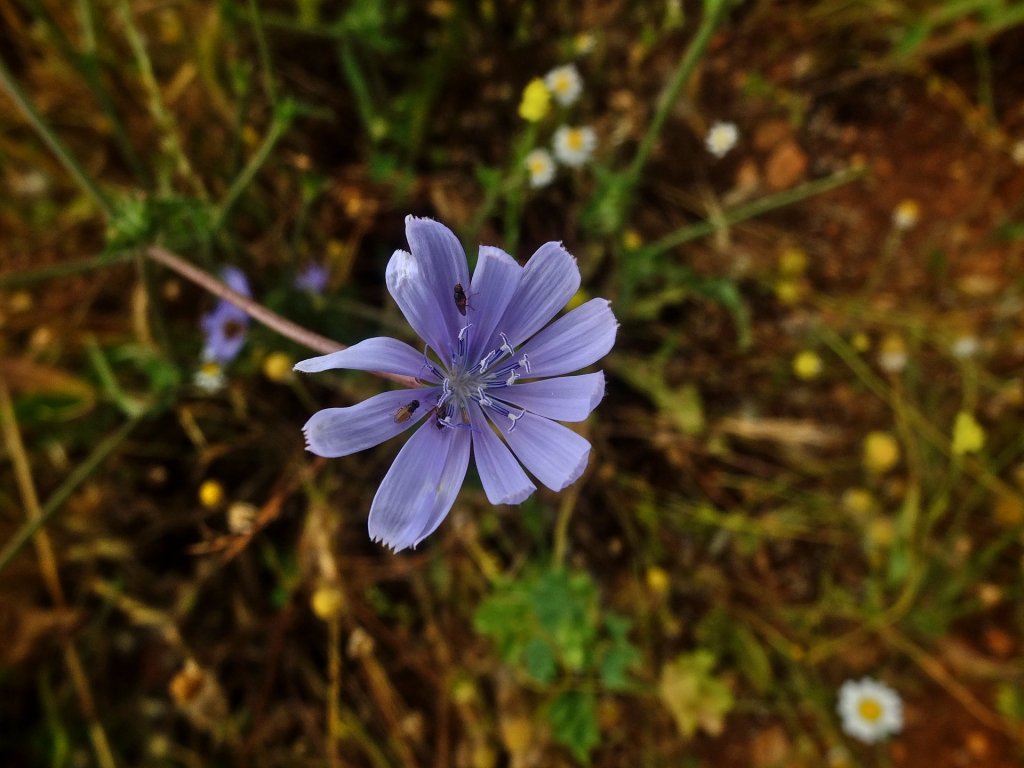
We saw two films this year: A brighter tomorrow, of Nanni Moretti, and Banel & Adama, of Ramata-Toulaye Sy.
Both are very good. It was the festival’s 40th year, and I guess we have been going to it for most of those years, and usually seeing more films. I used to pick them really carefully, but nowadays we just choose a couple according to whim or time that we are available.
There’s still a festival atmosphere, despite the huge demonstrations. Thousands of people had also walked up to Jerusalem earlier, in the heat of the day in the hope of preserving a semblance of democracy in this deeply divided country.

After the film, we passed through a contingent of demonstrators outside the PM’s house, on our way to Pizzeria Flora, where they have what must be the world’s finest vegan pizza.
The demonstration there passed peacefully. Just in case, a little out of sight on a side street there was a group of mounted cops, so that sitting there at the restaurant, with the demo going on and the men on horses in waiting, I felt like I was in that scene from Dr. Zhivago.



